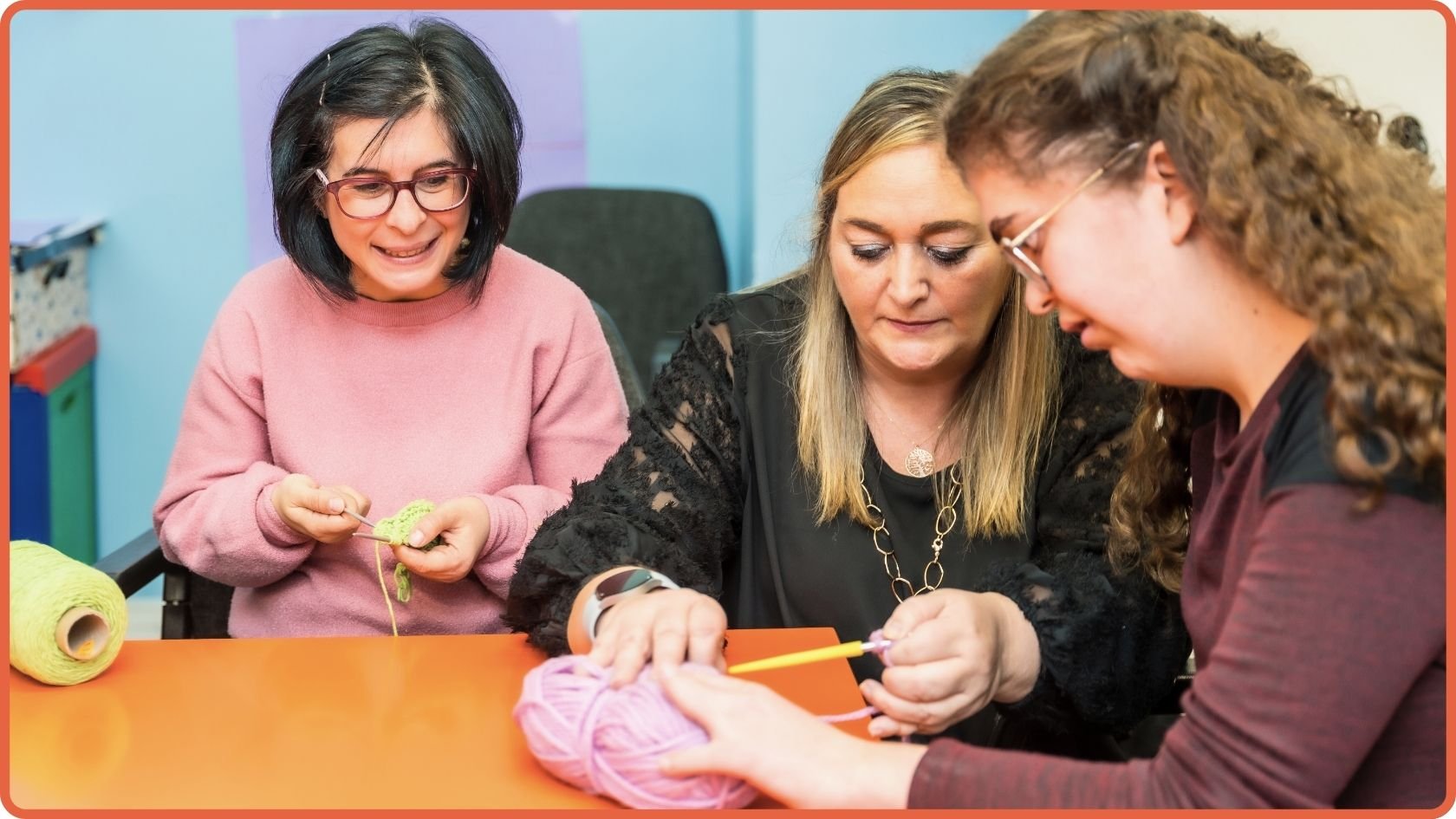How to Access Intellectual Disability Support Services Through the NDIS: A Step-by-Step Guide
Navigating the world of disability support can feel overwhelming — especially if you're a parent, carer, or a person living with an intellectual disability. The good news is that the National Disability Insurance Scheme (NDIS) may be able to help Australians access the services and supports they need to reach their goals.
In this guide, we’ll walk you through how to access intellectual disability support services through the NDIS, so you can feel confident, informed, and supported every step of the way.
► Understanding the NDIS and Intellectual Disability
The NDIS provides funding to eligible people living with a permanent and significant disability, including intellectual disabilities. It offers a wide range of support services, such as help with daily living, social skills, therapy, community access and supported employment.
Every NDIS plan is created to match a person’s unique goals, abilities, and needs. Whether you’re helping a loved one or planning for yourself, the aim is to support autonomy, connection, and quality of life.
► How Is Intellectual Disability Support Different From Physical Disability Support?
While both fall under the NDIS, intellectual and physical disability services are tailored to meet very different needs. Intellectual disability supports typically focus on cognitive development, communication, learning new skills, social interaction, and emotional regulation. In contrast, physical disability services often centre around mobility aids, home modifications, physical therapy, and personal care assistance. It’s important that NDIS plans are carefully designed to reflect the type of support each individual needs to reach their goals, whether those needs are cognitive, physical, or both.
► How to Access Support Through the NDIS
Step 1: Check Eligibility
To be eligible, a person must have a diagnosed intellectual disability that significantly affects daily functioning. For children under 9, the NDIS offers an Early Childhood Approach with more flexible entry.
Step 2: Gather Documentation
You’ll need professional reports that confirm the diagnosis and describe how it impacts everyday life. This could include psychologist assessments, IQ tests, school reports, or medical letters.
Step 3: Apply to the NDIS
You can apply directly by calling the NDIS on 1800 800 110 or by contacting a local area coordinator (LAC). They’ll guide you through the process and help submit an Access Request Form. You can also call CCA on 1300 36 46 88 and speak to one of our Service Coordination team members. We are happy to help without any obligation to you, with a free 30 minute consultation.
Step 4: Prepare for Your Planning Meeting
Once approved, you’ll attend a planning meeting. This is your chance to share goals, challenges, and the types of support needed. Be clear about the areas where help is required, whether it’s learning new skills, attending appointments, or participating in community life.
Step 5: Choose Your Support Services
After receiving your NDIS plan, you can start connecting with providers who specialise in intellectual disability support. This might include support workers, therapists, or programs designed to build confidence and life skills.
► Helpful Tips
Be prepared: Keep a journal of daily challenges and achievements to bring to your planning meeting.
Ask questions: It’s okay to seek clarification during the process.
Stay involved: Include the person with disability in discussions whenever possible.
Keep records: Save receipts, service agreements, and progress notes.
◉ Need a Hand? We’re Here to Help.
Please note: This is general advice only.
Accessing support doesn’t have to be confusing. Our Support team is here to guide you through the NDIS process from understanding eligibility to connecting with the right services. Just give CCA a call on 1300 36 46 88.
Get in touch with CCA for friendly, obligation-free support.


